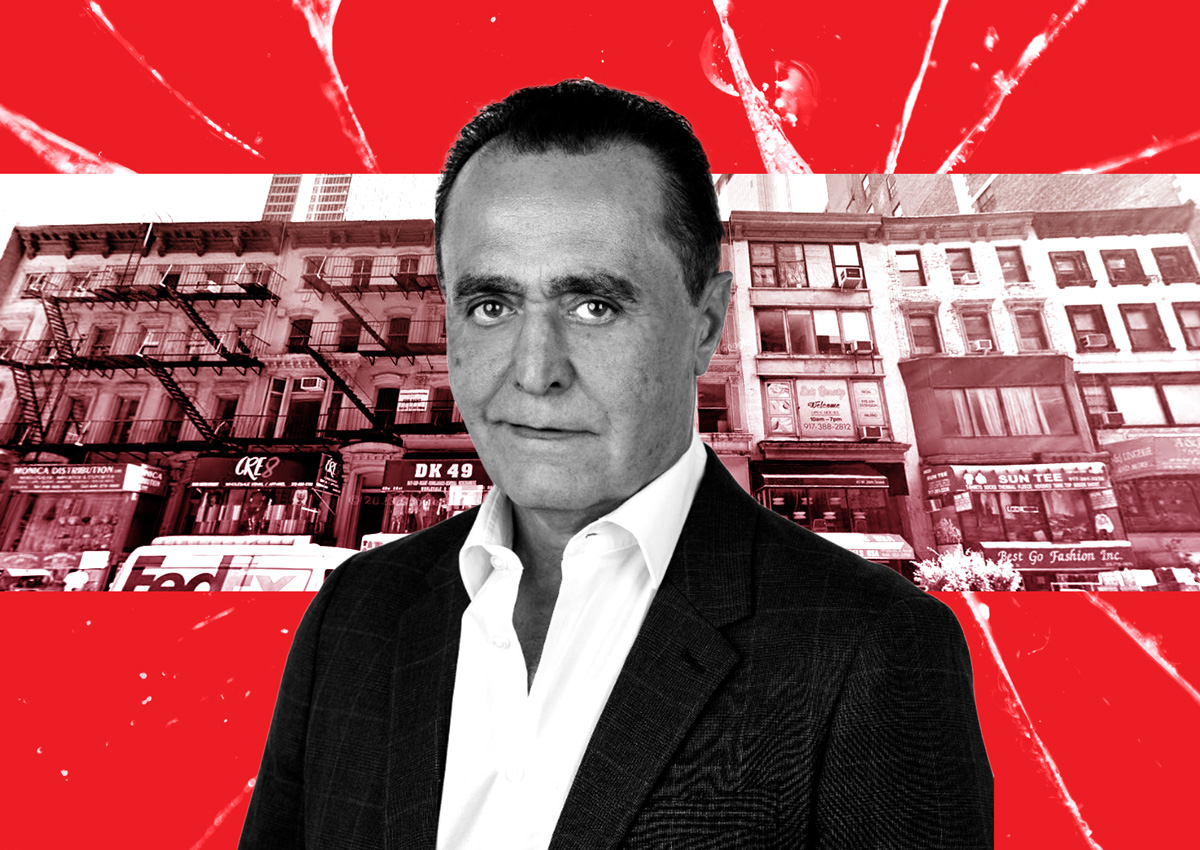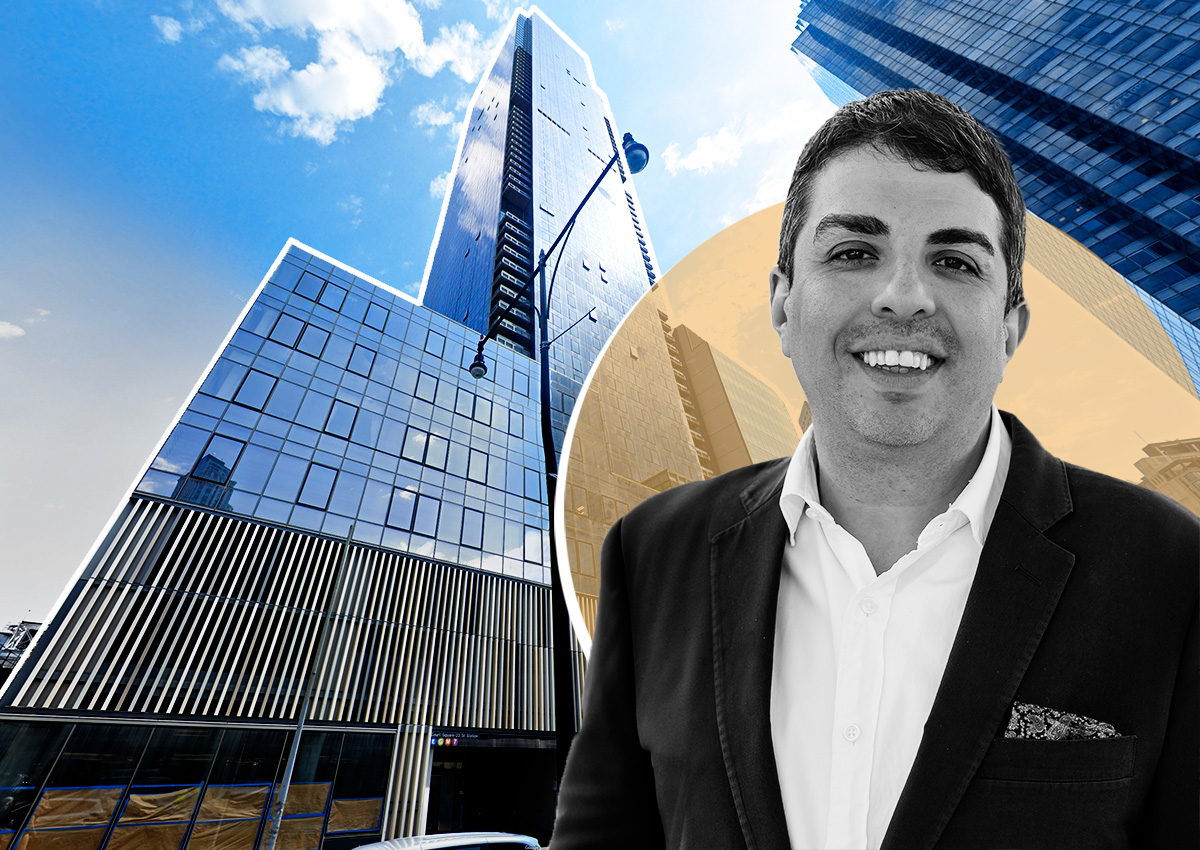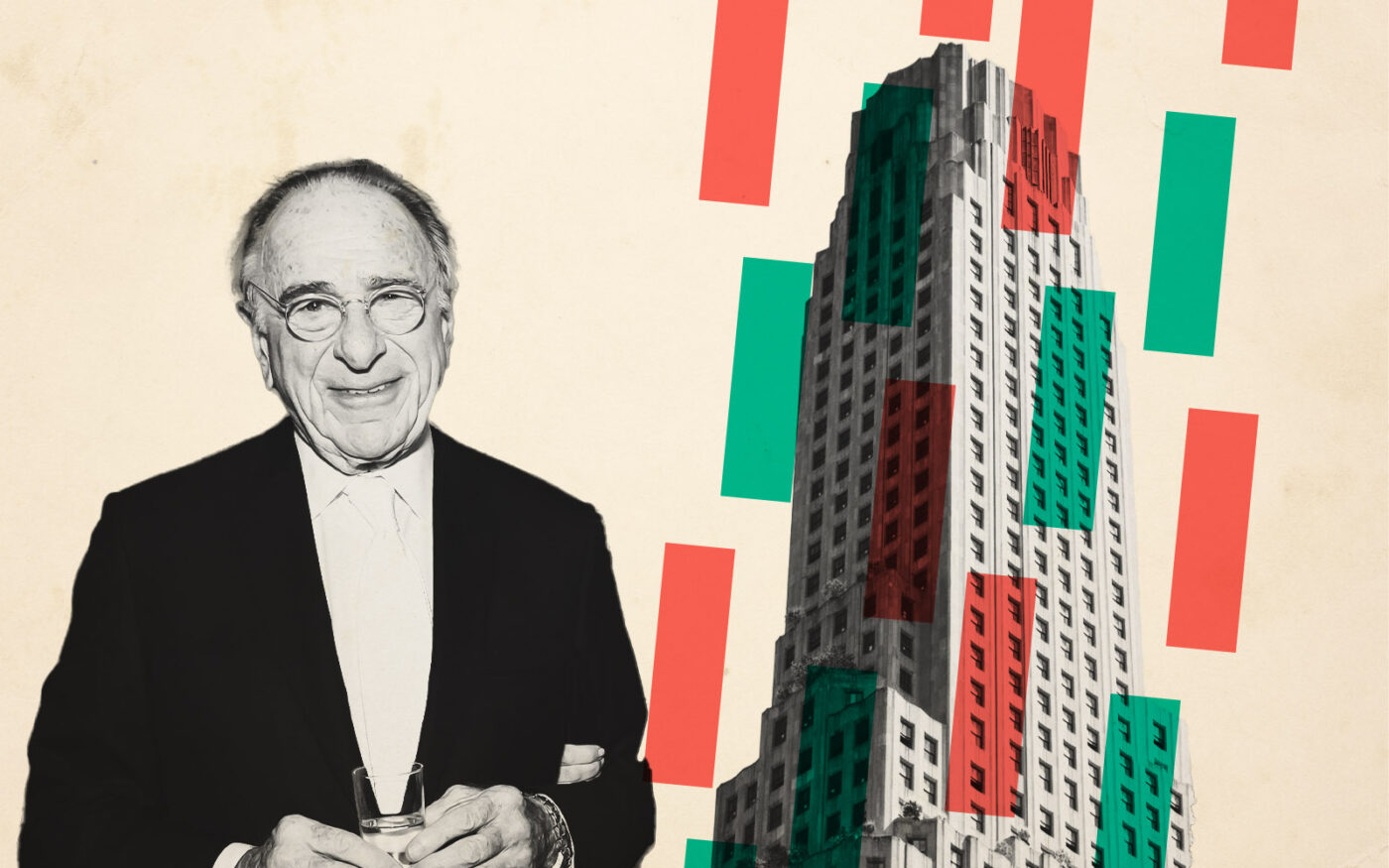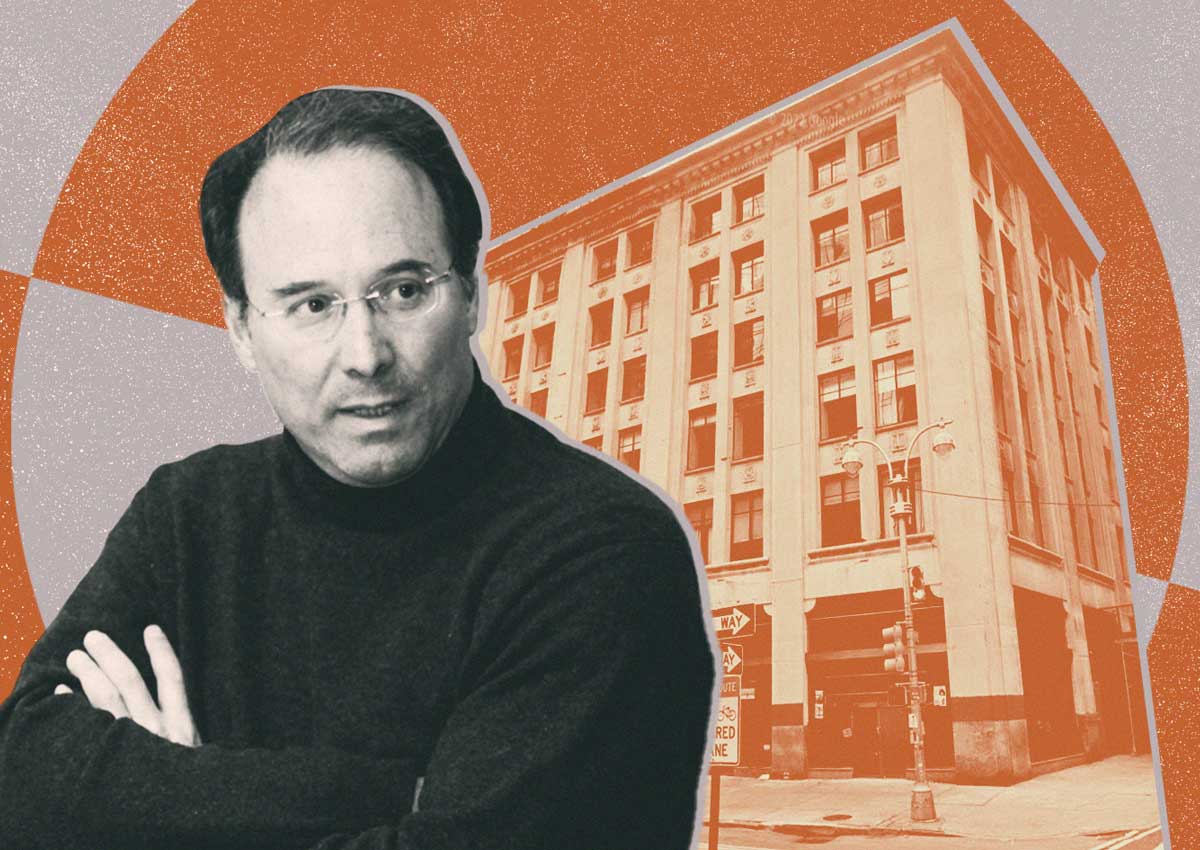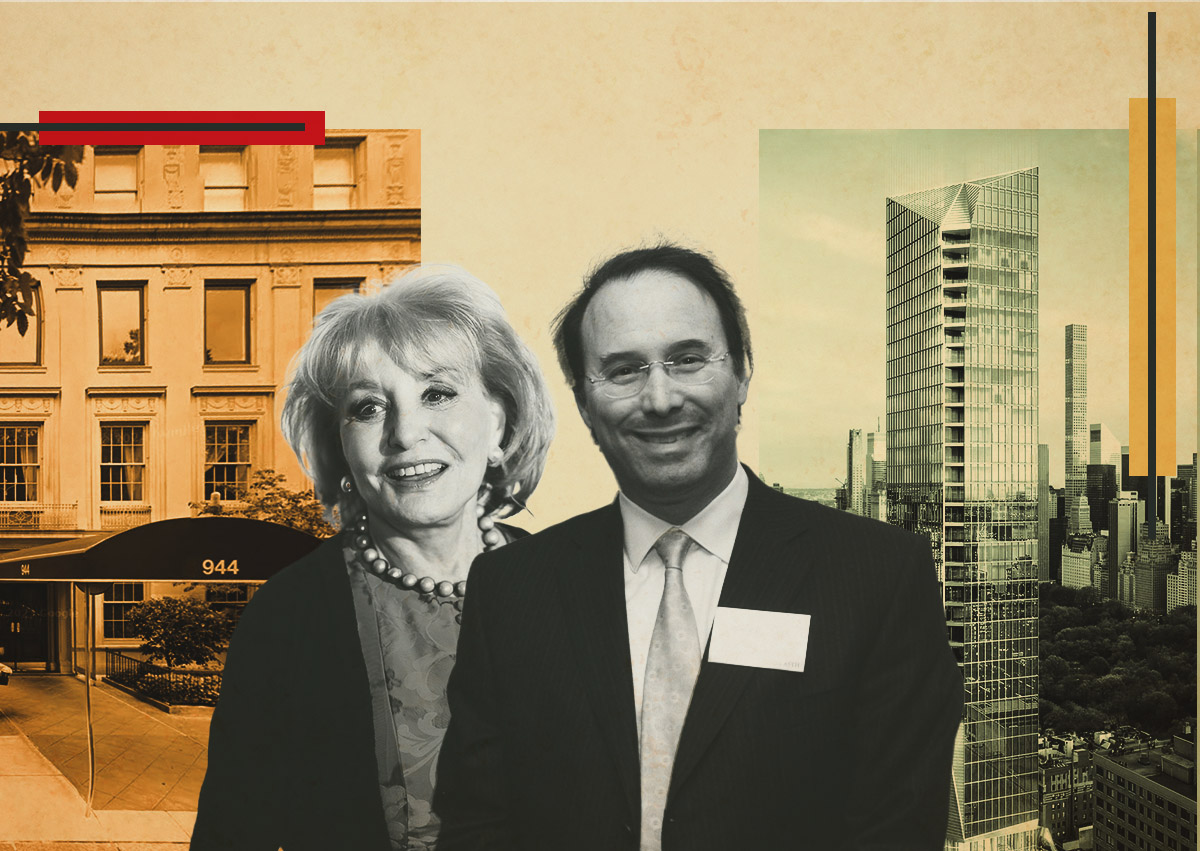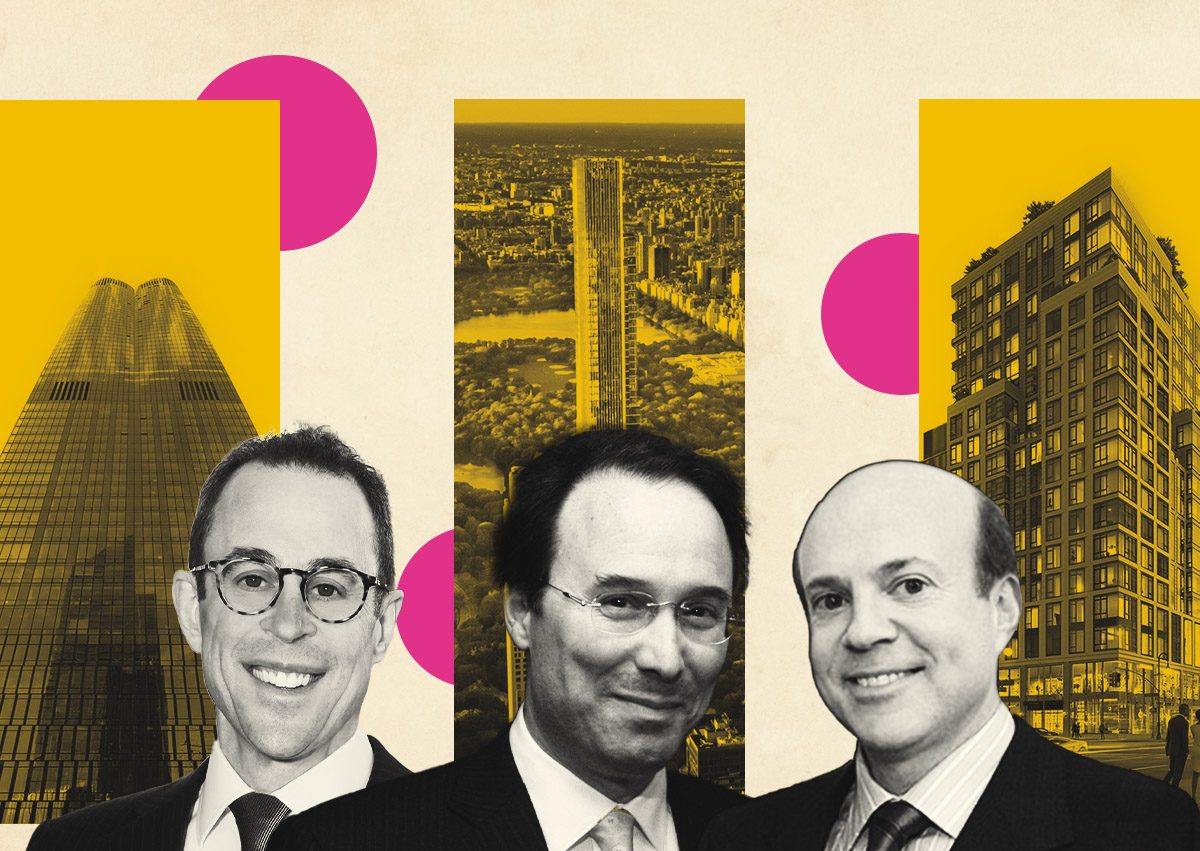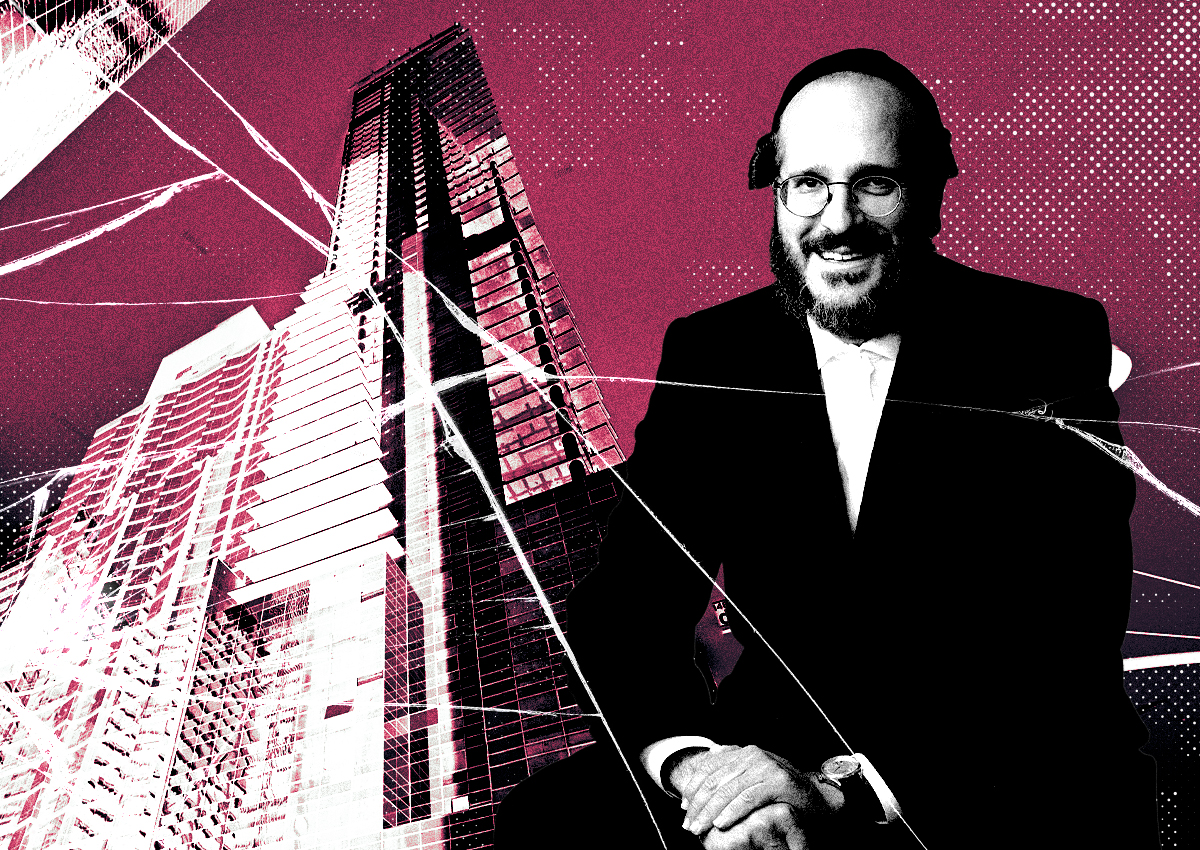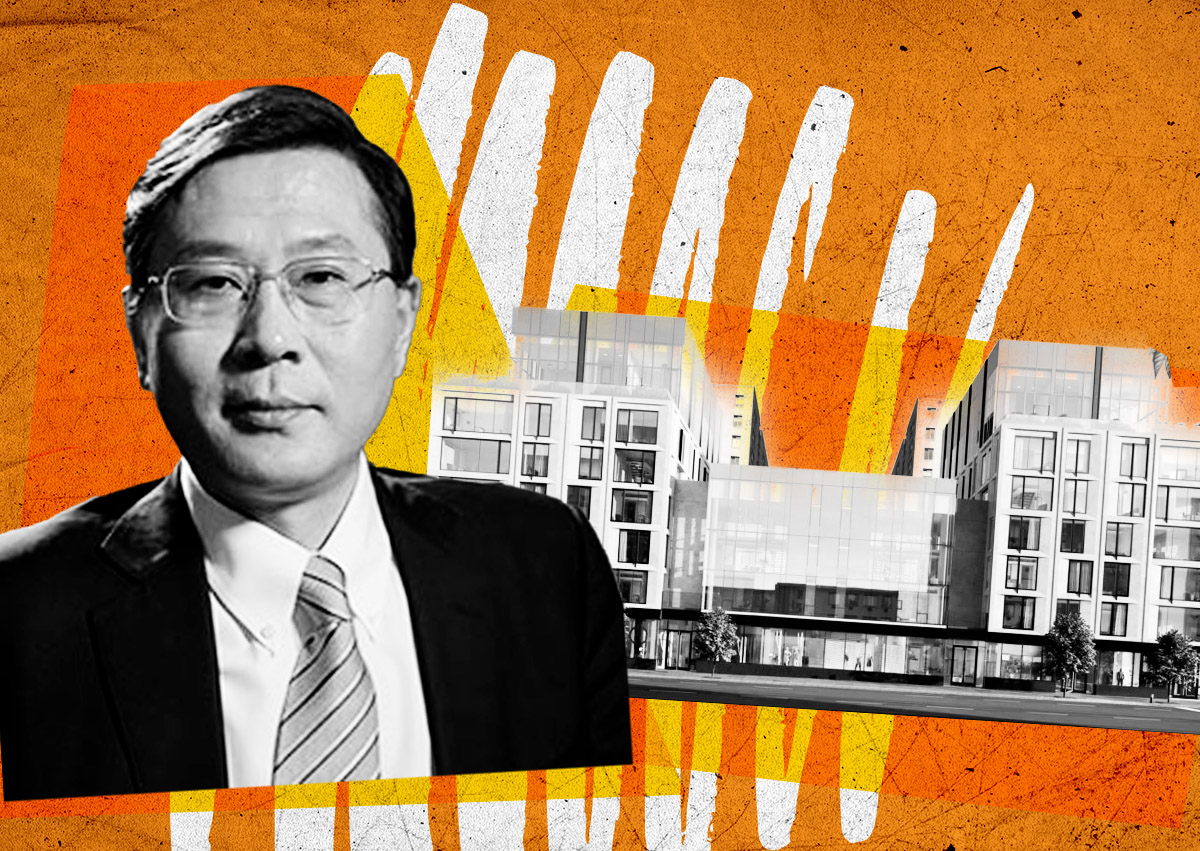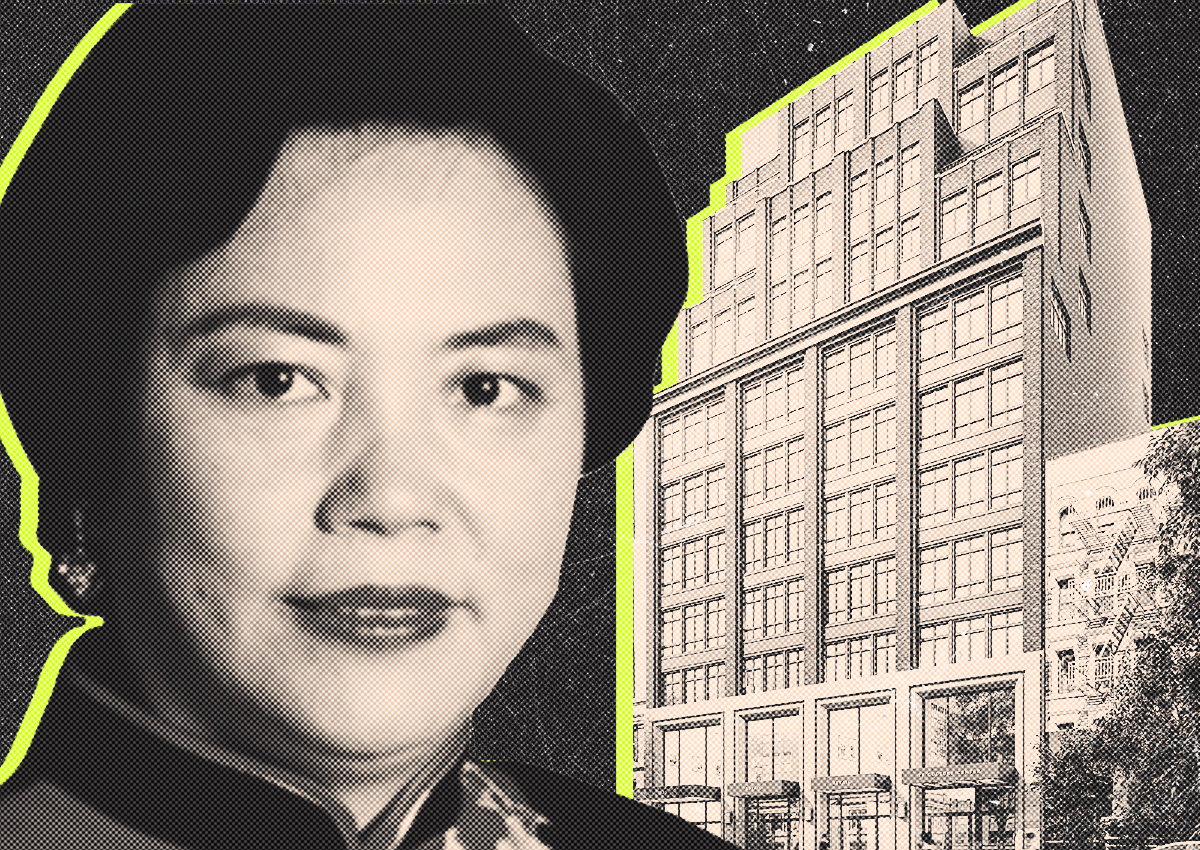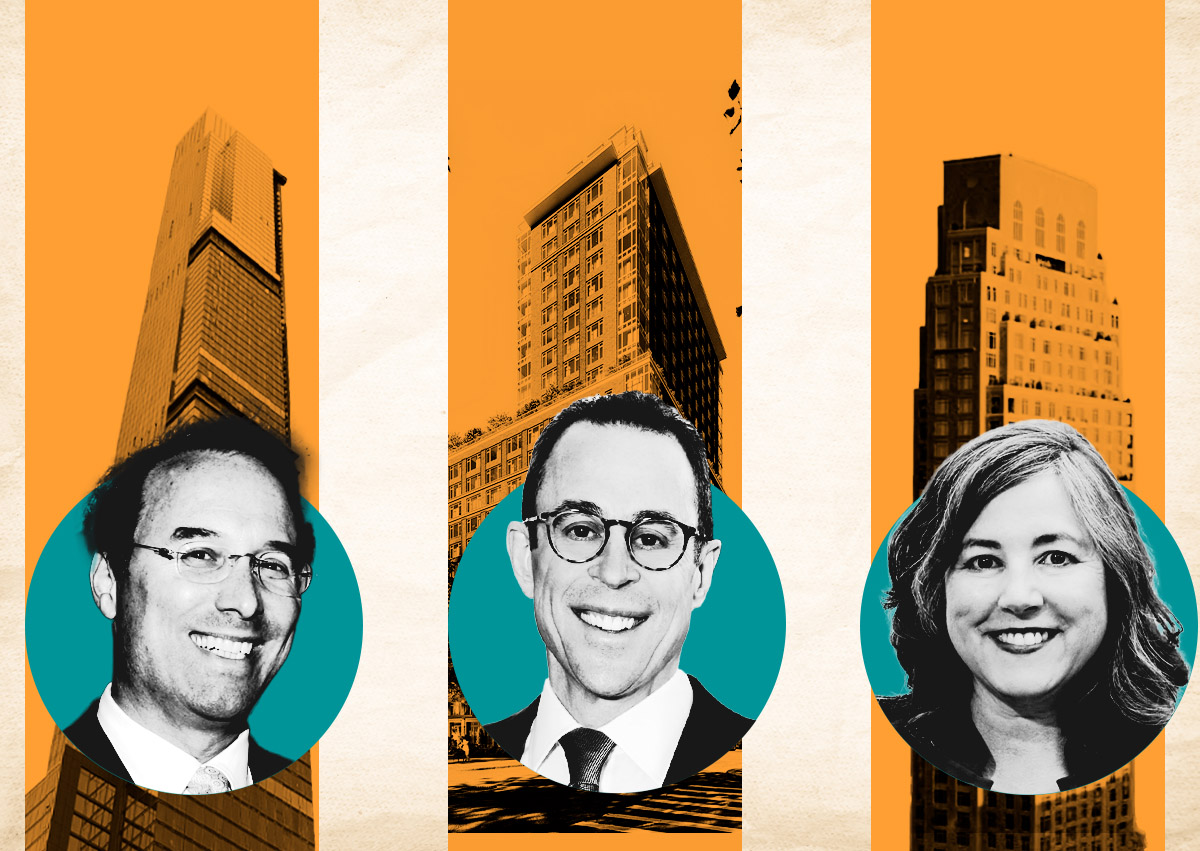Apparently if developers do get there socialist welfare checks they will just sit on their asses and do nothing. What an entitled bunch of Welfare Queens.
A turn toward condo development is underway but not moving fast enough to meet demand after the expiration of 421-a.
therealdeal.com
Don’t expect condos to fix NYC’s housing problem
Lapse of tax break has stalled rental projects, but condominiums have issues, too
Since the lapse of
421a, the tax break that powered rental housing production in New York City, new multifamily construction has ground to a halt. That hasn’t stopped apartment developers from prospecting for opportunities.
They’ve been left to focus on one thing: condos. But the future is hazy at best.
Many multifamily projects are stuck in lending limbo, unable to get construction financing over concerns that they’ll miss the June 2026 completion deadline for 421a projects that qualified for the abatement before it expired in 2022.
Developers may wish those project sites would become new condos rather than dead weight, but lenders are not champing at the bit.
“Capital markets will have to shift to lending on condo projects,” said Sam Charney, CEO of Charney Companies, which is at work on 1 million square feet of multifamily in Gowanus, Brooklyn. By allowing 421a to expire, “the state has forced for-sale products on developers.”
In Gowanus, once a buzzing market for multifamily development as longtime owners cashed out old industrial properties, land sales have largely gone quiet. Meanwhile, dozens of projects there risk missing the completion deadline. For those, a
workaround would allow some to qualify for a 421a substitute: The state would take over the site and lease it back to the developer, as long as the project got underway by June 2022.
The holdup
New York Gov. Kathy Hochul and New York City Mayor Eric Adams support renewing 421a, but the state legislature, which considered the program too generous, has been reluctant to bring it back. Without it, building multifamily has become financially untenable because of the high property taxes on New York City rentals.
Add to that high borrowing rates, long project timelines and a lack of political will to build affordable condos, and the idea of shifting to condos is a lot harder than flipping a “for rent” sign to “for sale.” While multifamily development is stuck in a political morass, the next condo development cycle is stuck in a financial one.
“Lots of people would love to build,” said Seth Weissman, founder of private credit lender Urban Standard Capital. “Raising equity today is challenging, whether from institutions, family offices or high-net-worth individuals.”
“In the summer, lenders were still taking the risk” on 421a projects, Weissman said. Not anymore. Lenders often require borrowers to finish construction a year ahead of the state’s deadline. It’s too late now for sizable projects to get a construction loan.
With mortgage rates still elevated, pure-play condo builders are likely to have some lagging inventory, making it harder to raise funds for new projects, and builders may find equity partners gun-shy.
“Condo deals are like freight trains. They take time to build momentum but then they move fast.”
JUSTIN PELSINGER, CHARNEY COMPANIES
A strong rental market, buoyed by the supply crunch that 421a was meant to ease, has also complicated a shift toward condo projects. Many developers would rather wait for tax relief on rental projects than switch to condos.
Owning apartments in New York City was described by one developer as a “no-brainer.” Rentals provide decades of steady income and are considered inflation-proof because rents can be adjusted with the economy. By contrast, condo projects require pricing units for a market three years away.
“You get one bite at the apple,” Charney Companies’ Justin Pelsinger said. “Not everyone is comfortable making those kinds of forecasts.”
That goes for lenders, too. They know New York City’s landscape is littered with the
carcasses of
troubled condo
developments.
Even if financing were available to turn stalled rental projects into condos, developers say it’s not a decision to be taken lightly.
“Condo deals are like freight trains,” said Pelsinger. “They take time to build momentum, but then they move fast. It’s hard to change the direction of a train at high speed, and once a construction loan closes, projects are moving fast.”
Also, because lenders must approve changes to how loans are used, and given that condos are riskier than rentals, getting approval is an uphill battle.
Jogging in place
Weissman pointed to one rational approach: doing nothing. “If somebody can wait until there is a new 421a program,” he said, “that is the most likely path.”
However, it’s not always possible for developers to stay on the sidelines, especially when no one knows if 421a will return.
“Developers are a certain breed. They can’t sit still,” said 421a attorney YuhTyng Patka of Adler & Stachenfeld. “We’ve seen many in this period of relative ‘free time’ consider whether condo development is a good option for them.”
One antsy developer is Shlomi Avdoo, who in November — after 421a expired for new projects — went into contract on a single-story fuel oil building at
601 Union Street in Gowanus.
Avdoo’s zig to the market’s zag is a bet on 421a being restored. If that happens soon, the price of the property will likely have been a bargain. If the politics get messy and lawmakers don’t act, he’ll have a monkey on his back and pay debt service for the pleasure.
“We’re sort of stuck, and we have a tough decision to make,” said Avdoo. “We’ll hold it for a year or two — hopefully, it’s just a year. We’d love to own [a rental project] there long-term, but our focus is on condos at the moment.”
One complication is the city’s requirement for affordable units in the rezoned Gowanus area. Avdoo is considering an unusual, hybrid project that meets that mandate and also pencils out: a condo with some income-restricted rentals.
A city divided
Stalled multifamily projects in the outer boroughs may be more likely to become condos, according to Laura Tomana, a new-development analyst formerly with Brown Harris Stevens Development Marketing and CORE, because they better match the entry prices that condo buyers seek in such neighborhoods as Long Island City, Astoria and Crown Heights. Manhattan remains a marketplace for luxury projects.
Hochul recently
put the onus on real estate groups and labor unions to hash out a new 421a, but even if they do, there’s no guarantee that legislators will pass it. And so everyone waits.
“Nobody is doing deals for office. Nobody is doing deals for multifamily,” said land expert and former Newmark analyst Duane Burress. “Brokers are trying to project to sellers that this is the time to get in, and once there’s a new 421a regime, prices will go up.”
It is, as they say in the business, a tough sell.
